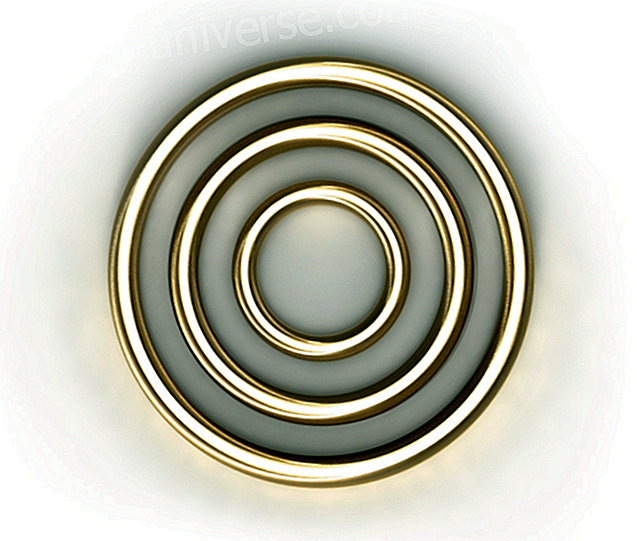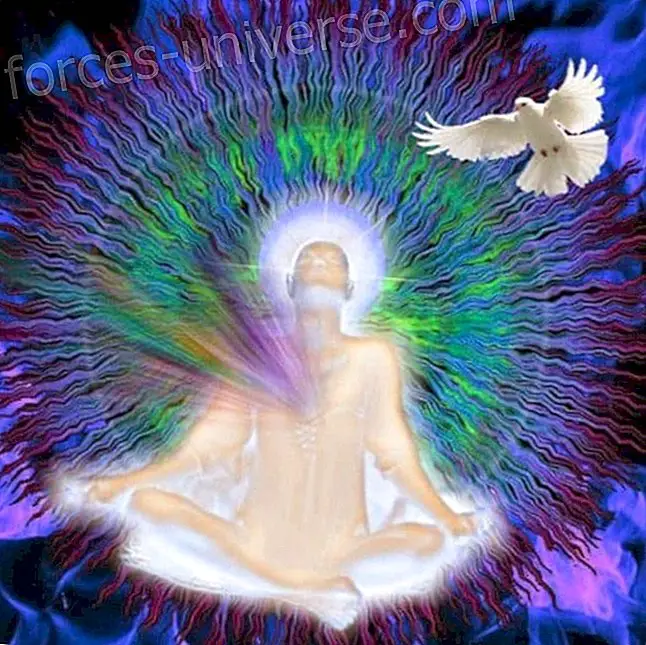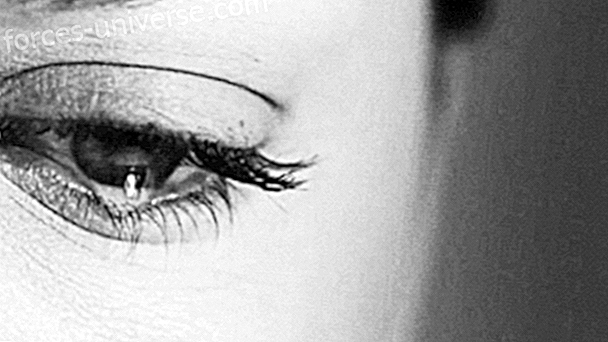
We can put aside all ideas, concepts and theories and find out for ourselves if there is something sacred, not the word, because the word is not the thing, the description is not what is described. What if there is something real, not an imagination, something illusory, fanciful, not a myth, but a reality that can never be destroyed, a truth that is enduring?
To discover that, to find it, all kinds of authority, especially spiritual, must be totally discarded, because it implies conformity, obedience, acceptance of a certain pattern. A mind must be able to stand alone, to be its own light. Following another, belonging to a group, practicing meditation methods prescribed by an authority, by tradition, is totally irrelevant for those who investigate the question of whether there is something eternal, timeless, something that thought cannot measure and that operates in our daily life. If it does not work as part of our daily lives, then meditation is an evasion and absolutely useless. All this implies that one must fend for oneself. There is a difference between isolation and recollection, between loneliness and being able to maintain one's autonomy in a clear, not confusing, uncontaminated manner.
What concerns us is the totality of life: not one of its segments or fragments, but the totality of what we do, think, feel and how we behave. Since what concerns us is the totality of life, in no way can we take a fragment, which is thought, and by that means solve all our problems. Thought can grant authority to bring together all other fragments, which have been created by the thought itself. We are conditioned to think in terms of progress, of gradual achievement. People believe in psychological evolution, but does there exist the "I" that, psychologically, achieves something other than the projection of thought?
To find out if there is something that is not projected by thought, that is not an illusion, a myth, we must ask ourselves if thought can be controlled, held in suspense, suppressed, so that the mind is completely still. Control involves the controller and the controlled, doesn't it? Who is the controller? Is not this also created by thought, one of its fragments that has assumed the authority of the controller? If you see that, then the controller, the experimenter is the experienced, the thinker is the thought. They are not separate entities. If you understand that, then there is no need to control.
If there is no controller, because the controller is what is controlled, then what happens? When there is division between the controller and the controlled, there is conflict and waste of energy. When the controller is controlled, there is no energy wear. Then the accumulation of all that energy that had been dissipated in the repression takes place, in the resistance produced by the division between the controller and the controlled. When there is no division, you have all that energy to go beyond what you thought should be controlled. It must be clearly understood that in meditation there is no control or submission of thought to a discipline, because the one who disciplines and controls is a fragment of thought. If you see the truth of that, then you have all the energy that has been dissipated through comparison, control and repression to go beyond what it really is.
We are asking if the mind can be absolutely still. because what is still has great energy. It is the sum of all energy. The mind, which is chattering, always on the move, which is the thought continually looking back, remembering, accumulating knowledge, constantly changing, can it be completely still? Have you ever tried to find out if thought can stand still? How will you find out how to produce this stillness of thought? Look, thought is time and time is movement, measure. In daily life you measure, compare, both physically and psychologically. That is measured; Comparison means measure. Can you live without comparison in daily life? Can you stop comparing completely, not in meditation but in everyday life? You compare when you choose between two fabrics, this fabric or that, when you compare two cars or parts of knowledge, but on the psychological, inner level, we compare ourselves with others. When that comparison ceases, as it should be, then can we fully fend for ourselves? That is what is implied when there is no comparison, which does not mean that you vegete. So, can you live your daily life without comparison? Do it once and you will discover what that implies. Then you get rid of a huge load; and when he unloads an unnecessary weight, he has energy.
Have you ever paid attention to something altogether? Are you paying attention to what the speaker is saying? Or do you listen with a comparative mind that has acquired some knowledge and is collating what is said with what you already know? Are you interpreting what is said according to your own knowledge, tendency or prejudice? That is not attention, right? If you pay full attention to your body, your nerves, your eyes, your ears, your mind, with your whole being, there is no center from which you are attending, there is only attention. That attention is complete silence.
Please listen to this. Unfortunately, nobody is going to tell you all these things, so please pay attention to what is said, so that the act of listening itself is a miracle of attention. In that attention there are no limits, there are no borders and, therefore, there is no direction. There is only attention, and when there is, there is neither "you" nor "I", there is no duality, there is no observer and observed. And this is not possible when the mind moves in a certain direction.
We are educated and conditioned so that we move in directions, from here to there. We have an idea, a belief, a concept or formula that there is a reality, a bliss, that there is something beyond thought, and we set that as a goal, an ideal, a direction, and we are moving in that direction. When you walk direction, there is no space. When he concentrates, goes or thinks in a certain direction, he has no space in his mind. He has no space when his mind is full of attachments, fears, the search for pleasures, the desire for power and position. When the mind is crammed, it has no space. Space is necessary, and when there is attention there is no direction, but space.
Now, meditation implies that there is no movement. That means that the mind is completely still, that it does not move in any way. There is no movement, which is time and thought. If you see, not the verbal description, but the truth of this, which cannot be described, then there is that quiet and still mind. And it is necessary to have a quiet mind, but not in order to sleep longer, do your job better or get more money.
The lives of most people are poor and empty. Although they may possess a great deal of knowledge, their lives are miserable, contradictory, unhappy, lack of integrity. All that is poverty, and those people waste their lives trying to become inwardly rich, cultivating various kinds of virtues and all the rest of that absurd folly. It is not that it is not necessary, but virtue is order, and you can only understand order when you have investigated the disorder within yourself. We lead disorderly lives; That is a fact. Disorder is contradiction, confusion, various aggressive desires, saying one thing and doing another, having ideals, and the division between ideals and oneself. All that is disorder, and when he realizes it and gives it his full attention, from this arises the order, which is virtue, something alive, not something manufactured, practiced and shaved.
Meditation is the transformation of the mind, a psychological revolution, so that, not in theory or as an ideal, but in every movement of our daily life, there is compassion, love and energy that transcends all meanness, closeness and superficiality. . When the mind is truly quiet, not silenced by desire and will, then there is a totally different kind of movement that does not belong to time.
As you will understand, it would be absurd to get into that. It would be a verbal description and, therefore, unreal. The important thing is the art of meditation. One meaning of the word "art" is to put everything, in our daily life, in one place, so that there is no confusion. And when in our daily life there is order, right conduct and a mind that is completely silent, then the mind will discover for itself whether the immeasurable exists or not. Until you discover what is the highest form of holiness, life will be bland and meaningless. and that is the reason why right meditation is absolutely necessary, so that the mind becomes young, fresh and innocent. Innocent means unable to be hurt. All of this is implicit in meditation not disconnected from our daily life. Meditation is necessary in the same compression of our daily lives. That is, to attend completely, when talking to someone, to the way they walk and think, to what they think; Pay attention to that form by avoiding meditation.
Meditation is not an evasion. It is not something mysterious. Meditation follows a life that is holy, sacred. And therefore, you treat all things as sacred.






